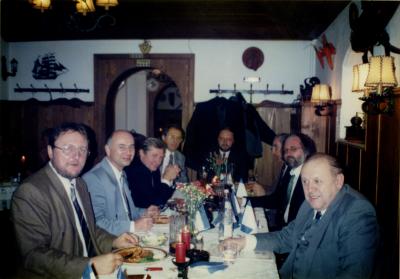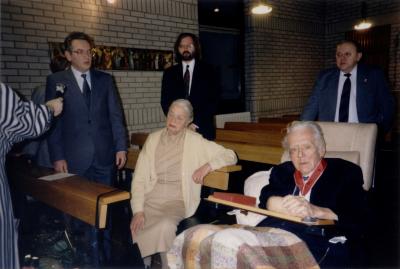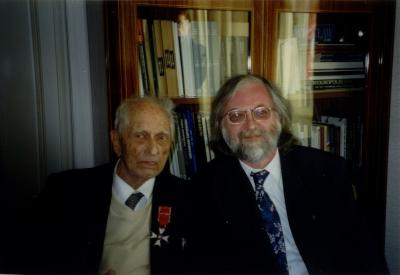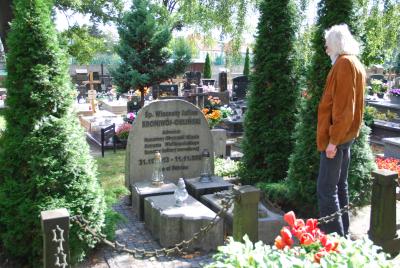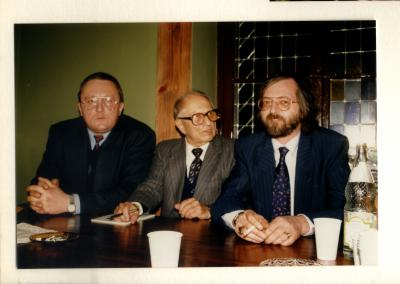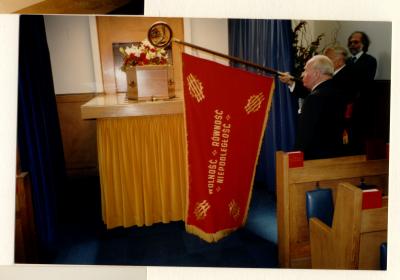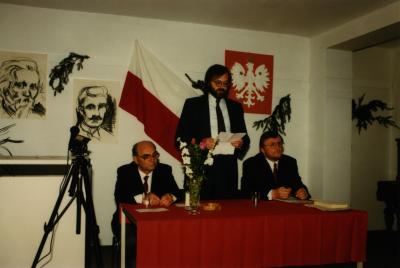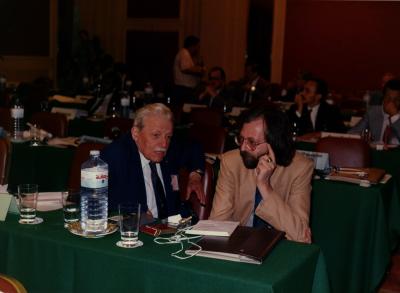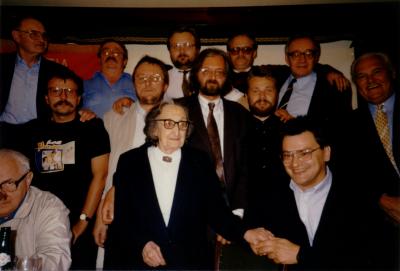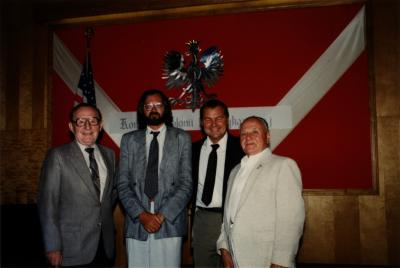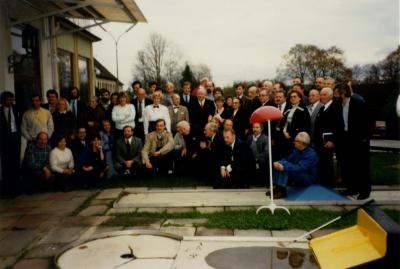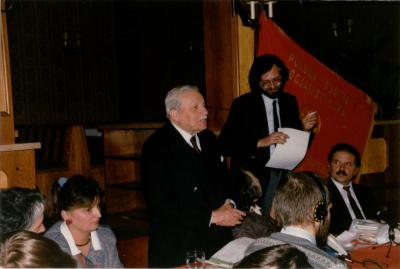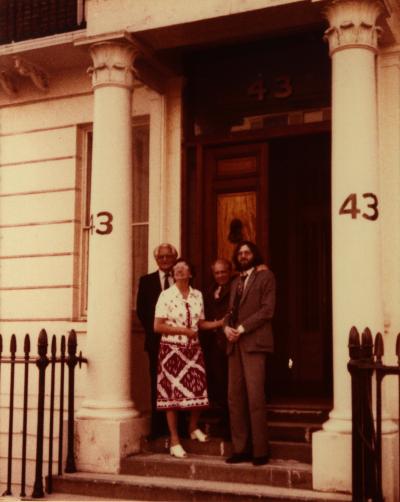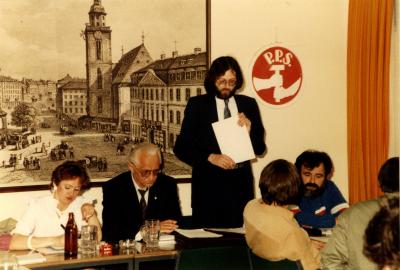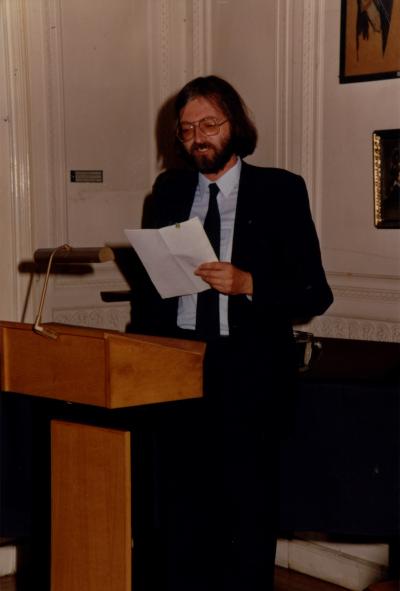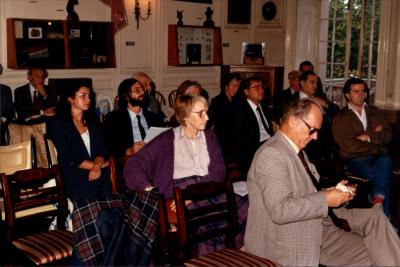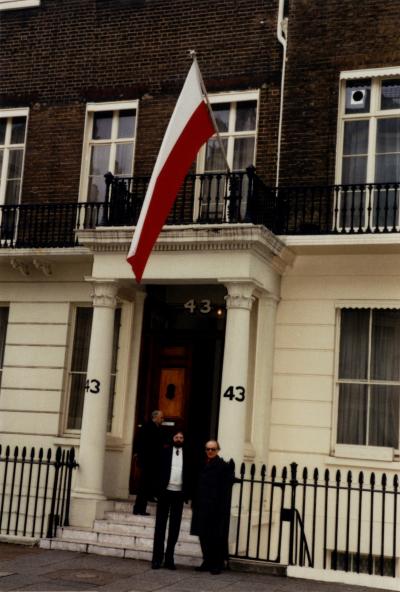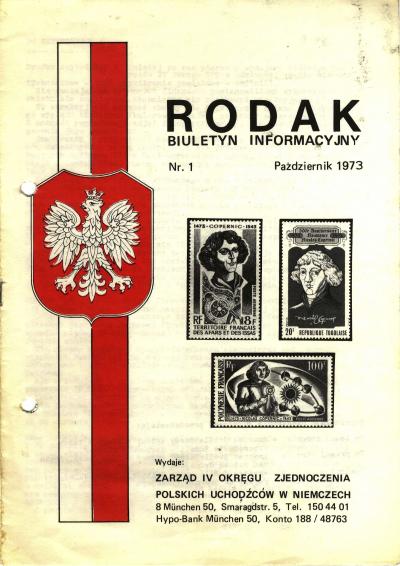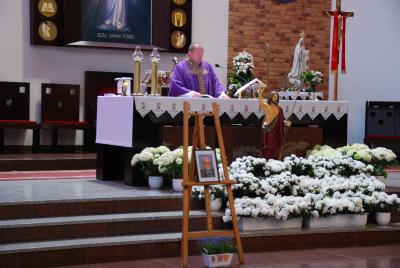Dedicated to Poland: Jacek Kowalski (1950–2019)

On the path to independence
In July 1976, Kowalski travelled to Halle with a group of students, where he met with his fiancée. There, they both decided to travel to the West. However, prior to his arrival in France, he and other colleagues who had also decided to flee stayed illegally in Munich for several weeks. In Munich, he not only succeeded in finding work under a false identity, taking his name from a Dutch student whom he had met by chance, but was also able to live with this student in his apartment. The ruse only worked because the student had returned to the Netherlands for a period of time, and had left Kowalski his apartment and tax card, without which it would not have been possible to find work. However, the precarious nature of his situation and the constant uncertainty led him to travel on to France just a few weeks later. He remained in France until the autumn of 1976. During this period, he looked for ways of travelling to Germany legally.
“I stayed in France for about six weeks. After that, I wanted to return to Germany. Since I only had a transit visa for Germany and not a residence visa, the French authorities reported me to the Germans (...) since my visa for 24 hours had already run out. That was in Strasbourg. At that time, I thought that since Poles no longer required a visa for Sweden or Austria, I would wait until the consulate opened, get a passport photo of myself taken in the photo booth at the railway station, and then go to the consulate. (...) I lied to them, telling them that my brother was waiting for me in Vienna, which was why I needed a transit visa for Germany. They even issued the visa for free and without any trouble. I got on the train and travelled to Munich”.
Finally, at the end of 1976, after encountering problems crossing the border, he reached Kehl am Rhein in the Federal Republic of Germany. In November 1976, the police station in Ettstrasse in Munich issued him with a ticket to the Zirndorf camp. There, more events occurred that would have an important impact on his life. In the camp, he met interesting people, including Tadeusz Podgórski (1919–1986) and Włodzimierz Sznarbachowski (1913–2003) from Radio Free Europe.
“(...) In the camp, we, the Poles, were visited by two men. They were Tadeusz Podgórski and Włodzimierz Sznarbachowski, who later became my friends. They asked whether they should bring us books or other items. Some time later, they brought us the books. They visited us again twice”.
Jacek Kowalski was soon granted political asylum. He left the camp and moved to Augsburg, where he completed his studies in politics at the university and soon found a job. From 1977–1983, he worked as a German and history teacher at the refugee camp in Augsburg.
Right from the start, after settling in West Germany, he campaigned for Polish independence, becoming involved in political and social activities. This put him in the crosshairs of the security service of the People’s Republic of Poland. Information about his activities was documented by the department for espionage defence at the headquarters of the Citizens’ Militia (Komenda Wojewódzka Milicji Obywatelskiej, KWMO) in Kalisz. He was classified as a “person who represents a secret service threat”. In 1976, through his contact with Tadeusz Podgórski, he was accepted as a member of the Polish Socialist Party (Polska Partia Socjalistyczna, PPS). Soon afterwards, he organised the first PPS group in the Augsburg area. In September 1977, he was accepted into the Association of Polish Refugees (Zjednoczenie Polskich Uchodźców, ZPU), becoming the secretary of the 4th district of the organisation that same year. In 1978, he attended the 9th council of the Association of Polish Refugees as a delegate of the 4th district. At the same time, he was also involved in managing services for the group of PPS exiles in the Federal Republic of Germany. From 1978–1994, he worked for Radio Free Europe. One of the most important events for him at this time was the visit by Cardinal Stefan Wyszyński to West Germany from 21–25 September 1978, whom he accompanied to meetings with representatives of the German episcopal conference in Frankfurt, Cologne, Munich and Mainz as his personal interpreter. On 23 September 1978, he stood next to Cardinal Wyszyński when he laid flowers at the monument to the murdered priests in Dachau concentration camp. This ceremony was also attended by the ambassador of the People’s Republic of Poland in Bonn, Andrzej Chyliński (the son of Bolesław Bierut).










